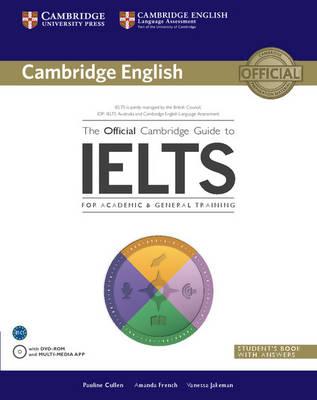Hobbes: A Very Short Introduction paperback english - 8/29/2002
Now:
AED 63.55 Inclusive of VAT

Get it by 18 Jan



1
Free delivery on Lockers & Pickup Points
Learn more
Enjoy hassle free returns with this offer.
Partner Since
2+ YearsSpecifications
| Publisher | Oxford University Press |
| ISBN 13 | 9780192802552 |
| Book Subtitle | A Very Short Introduction |
| Book Description | Thomas Hobbes, the first great English political philosopher, has long had the reputation of being a pessimistic atheist, who saw human nature as inevitably evil and proposed a totalitarian state to subdue human failings. In this illuminating study, Richard Tuck re-evaluates Hobbes's philosophy and dispels these myths, revealing him to have been passionately concerned with the refutation of scepticism, and to have developed a theory of knowledge which rivalled that of Descartes in its importance. ABOUT THE SERIES: The Very Short Introductions series from Oxford University Press contains hundreds of titles in almost every subject area. These pocket-sized books are the perfect way to get ahead in a new subject quickly. Our expert authors combine facts, analysis, perspective, new ideas, and enthusiasm to make interesting and challenging topics highly readable. |
| Editorial Review | A useful introductory text, particularly in so far as it makes the results of more recent scholarship readily available to undergraduates. * Dr P. Dews, University of Essex * Very useful for students - comprehensive, concise and clearly written. * J. Townshend, Manchester Polytechnic * Review from previous edition lucid introduction to the first great English political philosopher * The Times * |
| About the Author | Richard Tuck is Professor of Government at Harvard University. He is the author of Natural Rights Theories (1979) and Philosophy and Government 1572-1651 (1993), and has produced editions of Hobbes's Leviathan and (with Michael Silverthorne) De Cive. |
| Language | English |
| Author | Richard Tuck |
| Publication Date | 8/29/2002 |
| Number of Pages | 168 |
Hobbes: A Very Short Introduction paperback english - 8/29/2002
Added to cart
Cart Total AED 63.55



























































































































